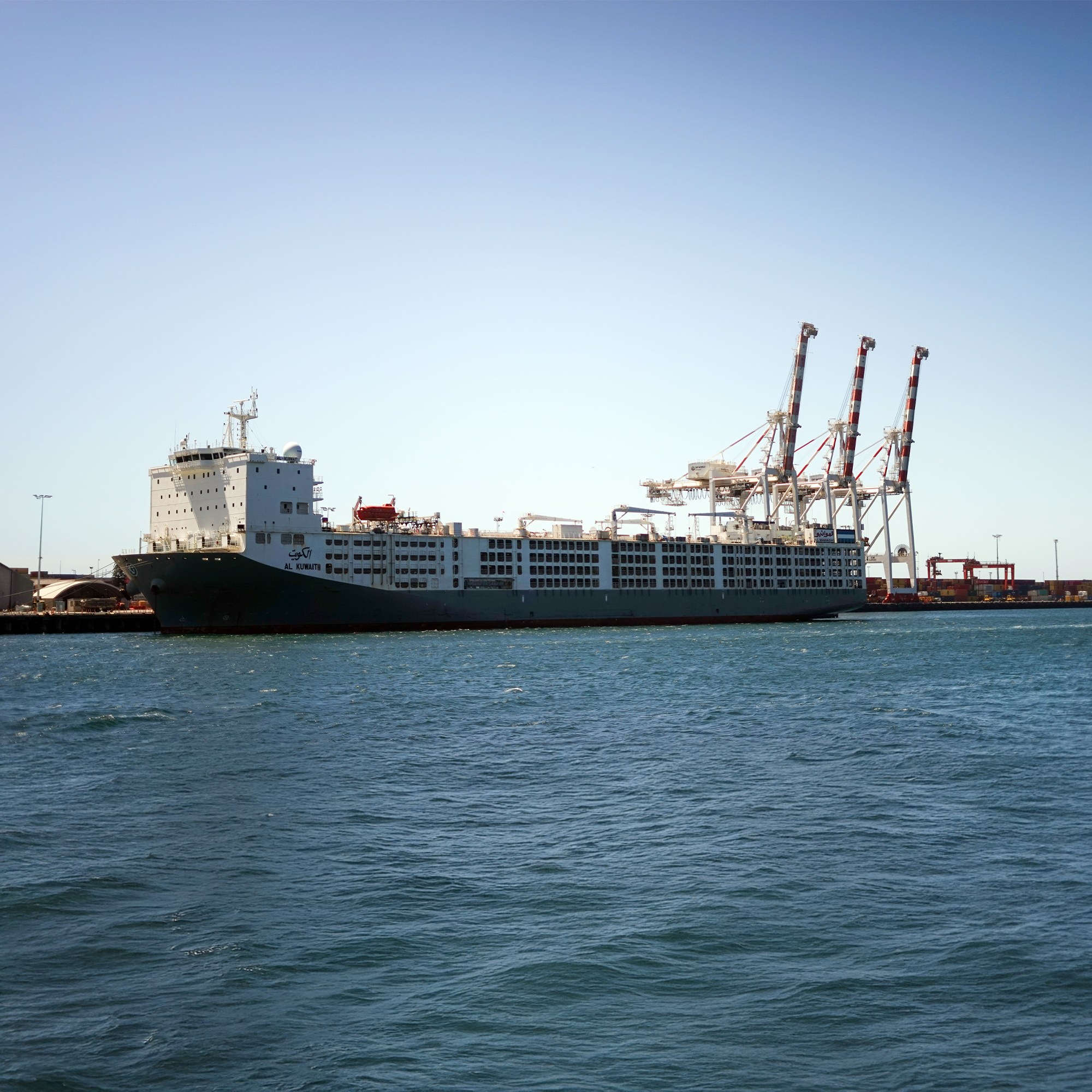
Atlantic Project Cargo provides dependable multimodal freight solutions, catering to the shipping needs around heavy machinery, marine vessels, perishables, healthcare products, and cutting-edge technology to and from the U.S.
Navigating the shipment of agricultural, heavy, and oversized equipment from the United States to Bulgaria requires a comprehensive understanding of the opportunities, challenges, and requirements associated with undertaking this initiative. This information is provided to decision makers, equipping them to make informed decisions when engaging in the international shipping of heavy and oversized equipment to Europe.
Facts About Bulgaria

Bulgaria, in Southeastern Europe, follows Eastern European Time (UTC+2), transitioning to Eastern European Summer Time (UTC+3) in summer. Its population, around 6.7 million, communicates in Bulgarian and transacts with the Bulgarian Lev. Shipping agricultural or heavy equipment from the US necessitates an understanding of these facets. Knowledge of Bulgarian language aids in navigating regulatory and customs processes, while awareness of the time zone is vital for scheduling. The procedure involves securing equipment for transit, obtaining necessary permits, and coordinating logistics for timely delivery. Atlantic Project Cargo assists in these processes, ensuring smooth handling of customs clearances and other logistics, and facilitating access to the Bulgarian market.
Bulgaria’s Trade Overview
Shipping Heavy And Oversized Cargo From The U.S. To Bulgaria
Bulgaria, being a member of the European Union, has specific customs and import requirements that shippers must be aware of:
- Customs Documentation
Ensure that all customs documentation is complete and accurate - Regulations and Standards
Bulgaria adheres to EU standards for equipment and machinery - Duties and Taxes
Import duties and taxes are levied on goods entering Bulgaria - Port of Entry
The primary ports of entry in Bulgaria for heavy equipment are Varna and Burgas - Local Transportation
Once the equipment arrives in Bulgaria, consider the local transportation infrastructure - Insurance
Given the value of heavy equipment, comprehensive insurance covering the entire journey, including sea transit and local transportation in Bulgaria, is highly recommended - Language and Communication
While many Bulgarian professionals speak English, having documentation translated into Bulgarian can expedite the customs clearance process and reduce misunderstandings
Exporting From The U.S. To Bulgaria: Opportunities
Various factors foster international opportunities for exporting agricultural, heavy, and oversized equipment from the US to Bulgaria. Significant financial support from the EU, directed towards bolstering Bulgaria’s agricultural sector, facilitates the acquisition of new equipment, presenting a favorable scenario for US suppliers. The established presence of major US agricultural machinery entities indicates a receptive market in Bulgaria. Sales of US-made equipment enjoyed a positive trajectory in 2021, largely attributed to EU funding. Moreover, the swift adoption of technological advancements like precision farming in Bulgaria unveils a lucrative market for innovative US exports, although adhering to EU regulatory standards remains crucial for successful market entry.
Exporting From The U.S. To Bulgaria: Challenges
Main Ocean Ports In Bulgaria
The primary ports in Bulgaria utilized for the importation of agricultural, heavy, and oversized equipment from the US are predominantly located on the Black Sea coast.
- Port of Varna
Among the largest ports in Bulgaria, Port of Varna boasts a diverse economy grounded in transportation, showcasing its ability to manage various types of cargo - Port of Burgas
A medium-sized port recognized for its container shipping, indicating its suitability for equipment imports - Port of Balchik
Although potentially utilized for imports, detailed information regarding the capacity of the Port of Balchik for handling heavy equipment is limited




